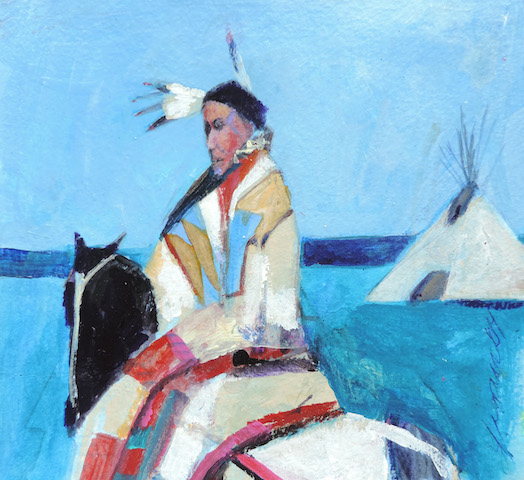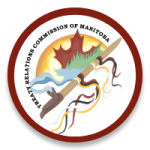Aboriginal Territories and Treaties: Conference explores evolving Canadian law
Canada’s First Nations celebrated a Supreme Court decision last summer that finally affirmed Aboriginal title in British Columbia. A month later, Canadians were perplexed when the same court ruled that Ontario has the right to take up land in treaty territory. What does it all mean for Aboriginal and non-Aboriginal people sharing the land in between those two provinces?
The Treaty Relations Commission of Manitoba and the University of Manitoba’s Centre for Human Rights Research have organized a conference this month to help sort that out. Between Keewatin and Tsilhqot’in: Reflections from the Centre of Turtle Island will be led by Robson Hall law professor Aimée Craft and Treaty Commissioner James Wilson.
When: Nov. 21-22, 2014 Where: Moot Court, Robson Hall, Fort Garry campus
“Understanding the evolving law will help Aboriginal and non-Aboriginal people better navigate our relationships with each other at a time when Canada is making major decisions about how to share resources fairly,” Wilson said. Craft, who has written an award-winning book on Treaty 1, explained that the conference will provide an in-depth analysis of the two cases and how they connect with each other, law and policy, with a specific focus on the Prairies. Speakers include:
- Professor Kent McNeil, leading scholar on the common law of Aboriginal title
- Ovide Mercredi, former national chief of the Assembly of First Nations and former chief of Misipawistik First Nation (Grand Rapids)
- Robert Janes and Heather Mahony, leading Aboriginal law practitioners who argued in both Keewatin and Tsilhqot’in:
This 1.5-day conference will be of interest to lawyers, policy-makers, leaders, educators and university students. Register at www.trcm.ca/conference








